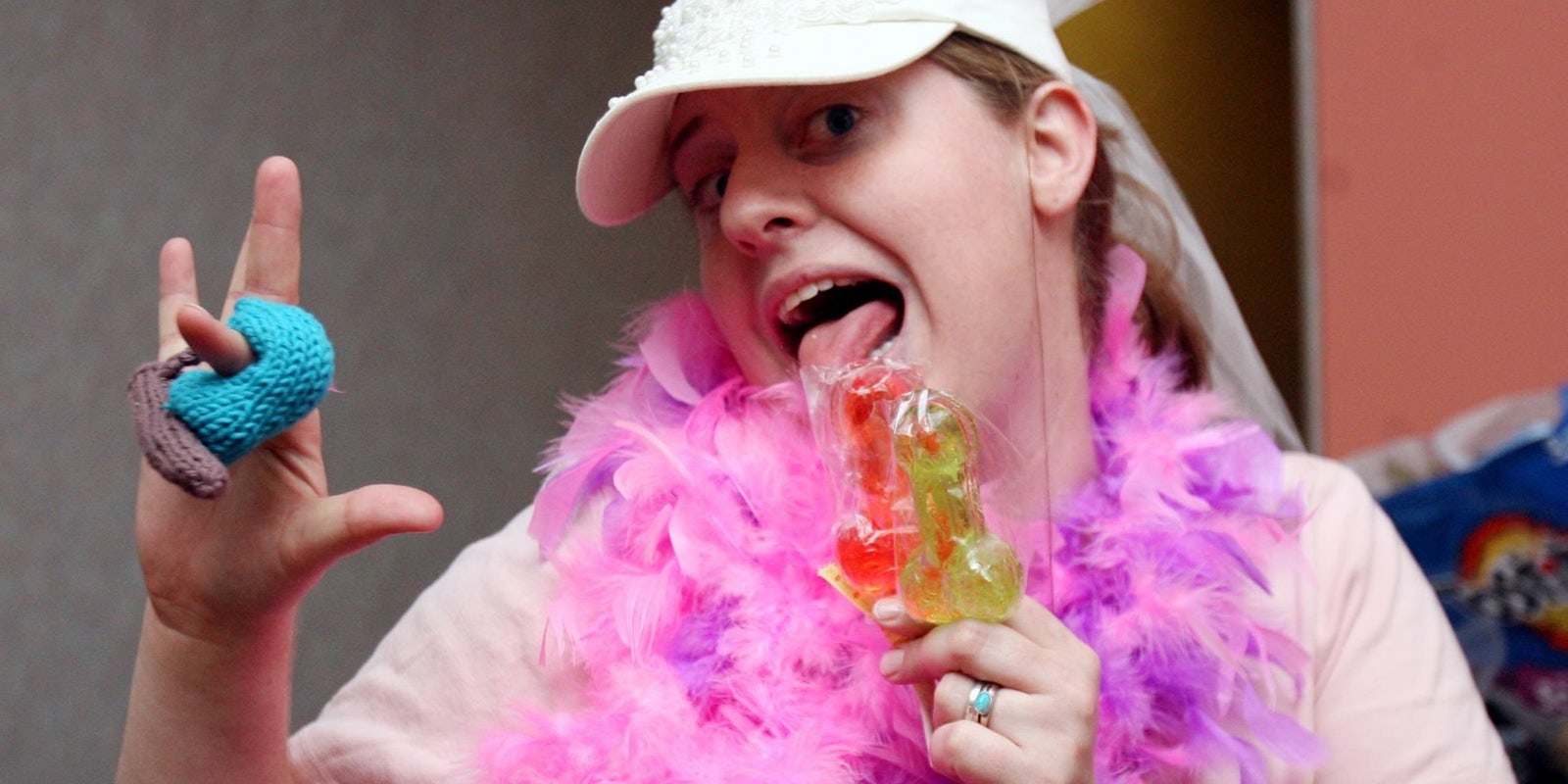The threat of something going down on your permanent record just lost some teeth—at least when it comes to what kids post online.
A federal judge in Indiana ruled that a high school principal violated the First Amendment rights of two tenth-grade students who were suspended from the school volleyball team after posting suggestive photos of themselves on Facebook, Myspace and Photobucket.
While noting that “not much good takes place at slumber parties for high school kids, and this case proves the point,” Philip P. Simon, the chief justice for the U.S. District Court in Fort Wayne ruled that Churubusco High School’s extracurricular code of conduct is unconstitutionally vague and that Principal Austin Couch had violated the students’ free-speech protections by suspending them.
“The case poses timely questions about the limits school officials can place on out of school speech by students in the information age where Twitter, Facebook, Myspace, texts, and the like rule the day,” Simon wrote. “One could reasonably question the wisdom of making a federal case out of a 6-game suspension from a high school volleyball schedule. But for better or worse, that’s what this case is about and it is now ripe for disposition.”
The girls, who were only identified by their initials in the ruling, took photos of themselves posing with penis-shaped lollipops over the course of several slumber parties. While the photos were suggestive, the girls were fully clothed and, according to Simon, going for a laugh. (And, we should note, penis-shaped lollipop photos are commoner than one might think online.)
“Ridiculousness and inappropriateness are often the very foundation of humor,” Simon wrote. “The provocative context of these young girls horsing around with objects representing sex organs was intended to contribute to the humorous effect in the minds of the intended teenage audience.”
Several school districts throughout the country have adopted policies aimed at monitoring student activity on social networks. Thursday’s ruling was applauded by opponents of those rules and free speech advocates.
“Great to see the courts protecting online freedom of speech and expression,” Jason Gerdon, a public relations professional in Orange County, Calif., tweeted.
Steve Groves, CIO at GoodLife Fitness, suggested on Twitter that the ruling could have broader implications: “Employers take heed. This will apply to you too.”
The suspensions were handed out two years ago, which might explain why Myspace photos were involved.
Ken Falk, legal director for the ACLU of Indiana, assisted the students with their lawsuit.
“It’s important for courts to re-emphasize the fact that youth have First Amendment rights and that there is a line between things that schools can discipline based upon and things they cannot,” he said.
Gratuitous penis-shaped lollipop photo via Idiosyncratic Life


